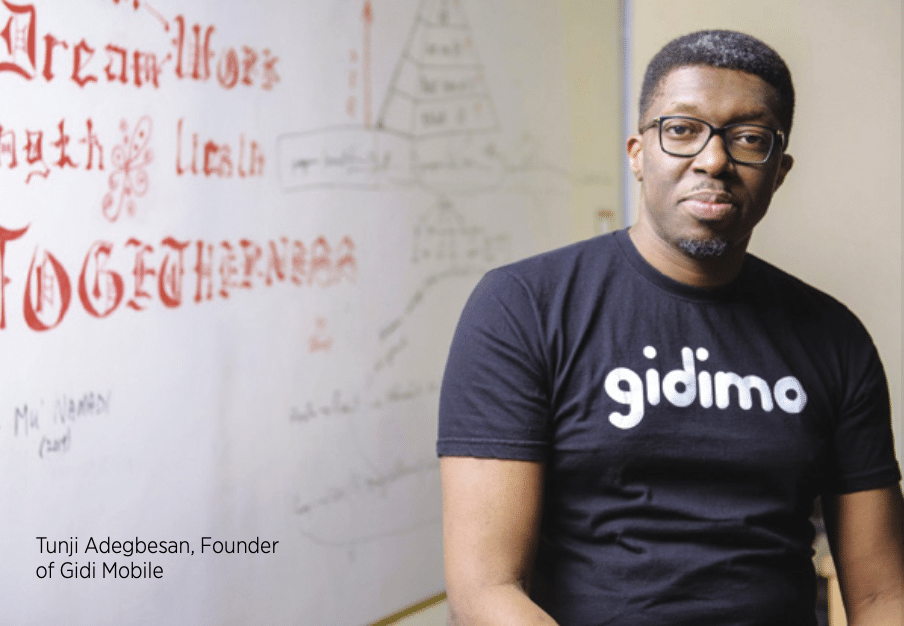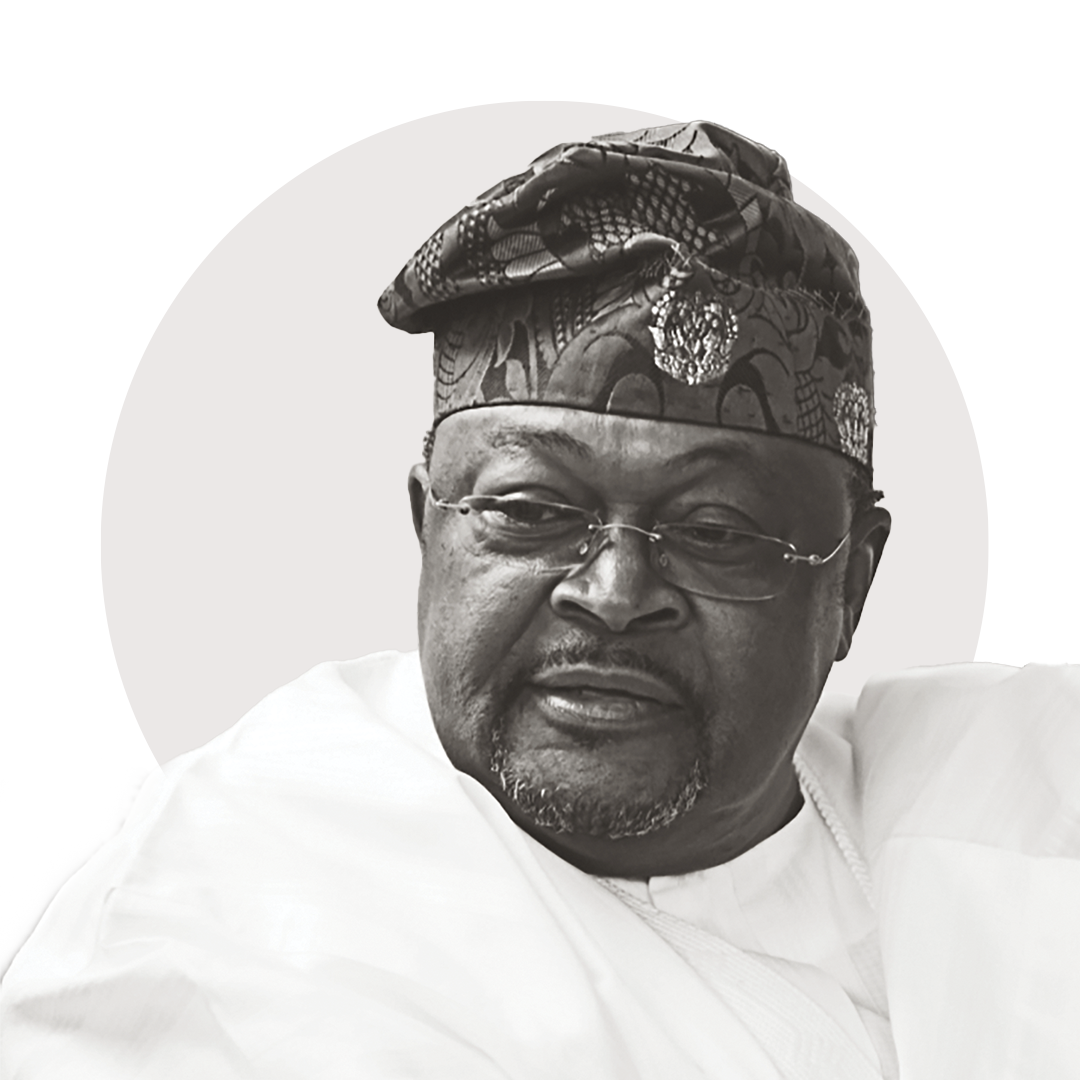The future of the world is linked to the future of Africa and this tech giant is investing in it to enable startup successes.
BY PAULA SLIER AND SASHA STAR
GOOGLE ANNOUNCED IN EARLY OCTOBER THAT it would be investing $1 billion into Africa over the next five years. This is to focus on improving connectivity and enabling startups to flourish. The move is hardly the first but a reaffirmation of its commitment in Africa which it has been a part of for 14 years.
“If you look at sub-Saharan Africa, it’s home to 1.1 billion people, most of them very, very young. But only about 300 million people use the Internet on a regular basis,” reveals Google’s sub-Saharan Africa Managing Director, Nitin Gajria. “So there’s about 800 million people that have never experienced its power. Our goal with this billion-dollar investment is really to play some role in hopefully building a vibrant Internet ecosystem on the continent.”
In Gajria’s view, a key aspect of the ecosystem is emerging startups and the impact they can make. “I believe that no-one is better placed to solve some of Africa’s most profound challenges than young startup founders, young developers and the startup community in general.”
Loading...
One of the startups that Google has taken under its digital wing is Food For Mzansi. The initiative, which recently turned three, focuses on South Africa’s agriculture sector, offering a platform for farmers to “grow” their communities by sharing their stories, news, opinions, career opportunities, and even recipes.
“We wanted to create a citizen journalist network — to upskill people and train them in basically everything from media ethics, to how to get stories and tell stories,” explains co-founder Kobus Louwrens.
The tech company facilitated the Sinelizwi remote training program that equipped 62 journalists with the skills and mentorship required to find sources and develop stories.
Although it began as an in-person workshop in the rural Eastern Cape province, like many projects, it was forced online by the Covid-19 pandemic and was thereafter conducted over WhatsApp.
“We are still fairly young in terms of our state of development and Google coming aboard with support and funding definitely fast-tracked that for us,” Louwrens shares.
“There was a vast information exchange and our team received a lot of experience in regards to structuring a much more sustainable project than I think would have been possible without the input from those experts.”
Gidi Mobile is another startup that Google has identified as improving the lives of those on the continent. The Nigerian startup enables low-income students to access online learning through its app, allowing them to attend classes on a variety of subjects and test their understanding through game-like modules.
“In the West, education has traditionally been the thing that has helped people grow and lift them up. The problem we have in the developing world is that the people who have the greatest need to be lifted up are precisely the people who cannot afford quality education,” states founder Tunji Adegbesan who has been teaching teenagers since he was one himself.
Gidi now has access to expertise and has helped to create STEM content that relies on gaming technology, rather than conventional learning. By participating in tournaments and quests, users find themselves engaging with the subject matter and actually having fun doing so.
While a wealth of exciting ideas are springing forth from Africa’s depths, real challenges still stand in the way of ensuring that all citizens can benefit from them.
“There remain challenges with connectivity — whether it’s the cost of a smartphone, network coverage, data speeds, data costs — these are all real, tangible, meaningful challenges that the lay person on the street faces,” Gajria admits.
Google is laying the Equiano subsea cable along the west coast of Africa.
As Gajria states, “Anyone who is looking at Africa has to realize the potential and opportunity that exists. I can’t help but believe that the future of the world is inextricably linked to the future of the continent.”
Loading...





















